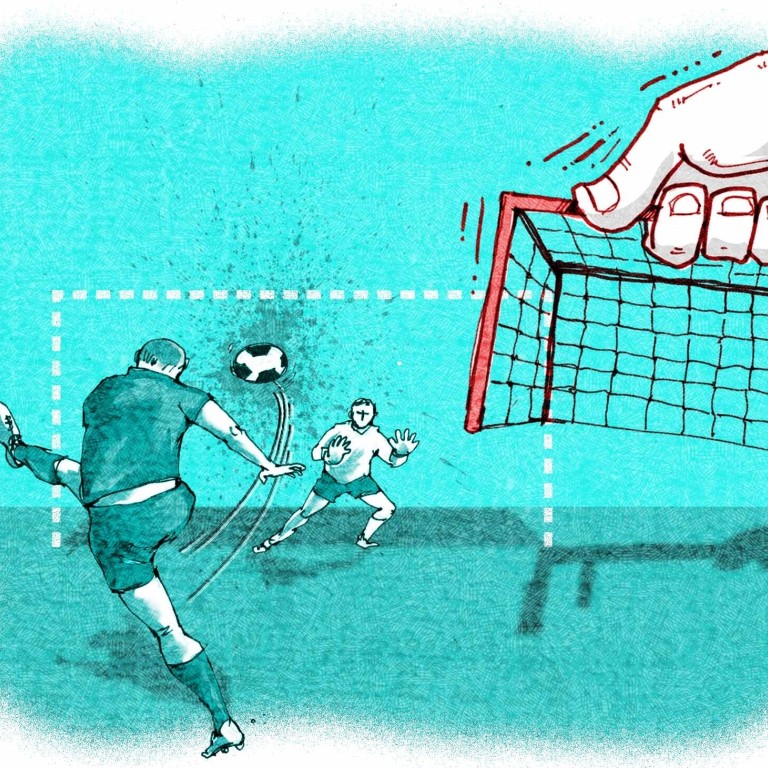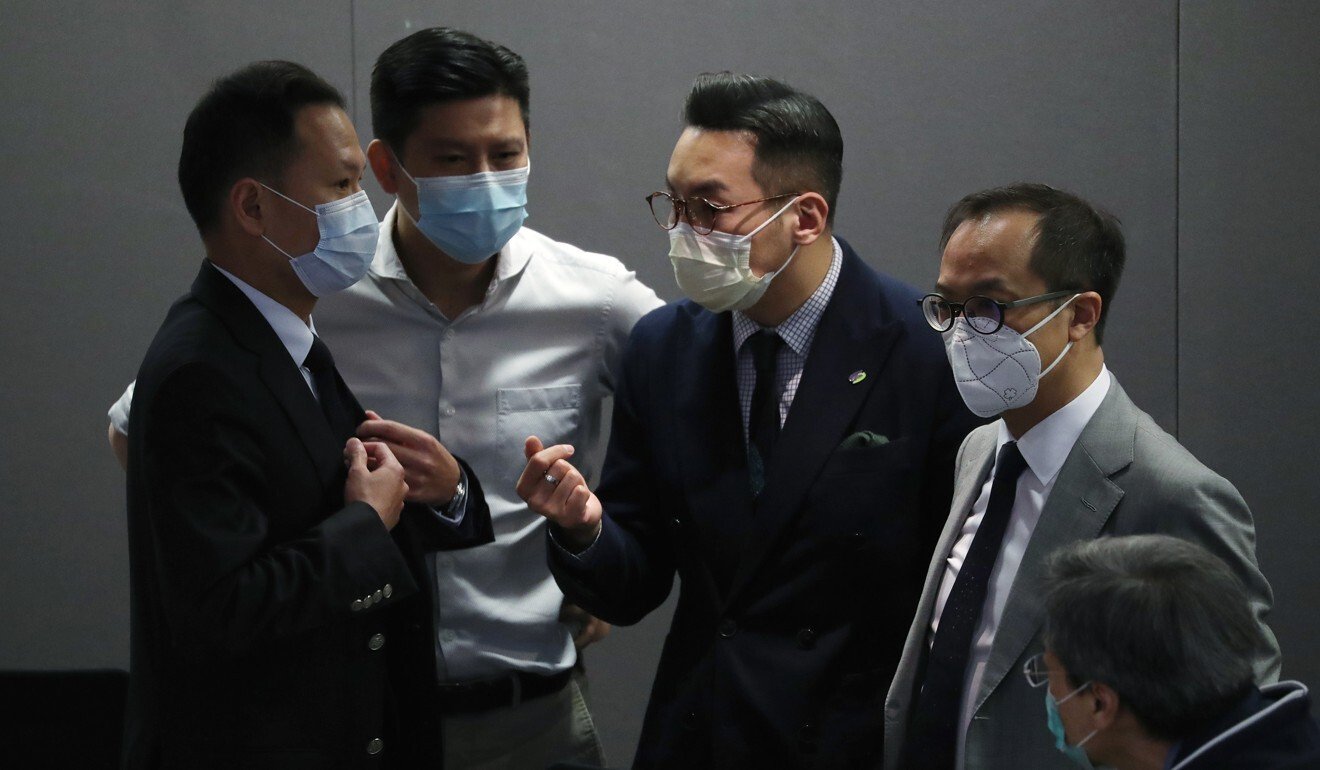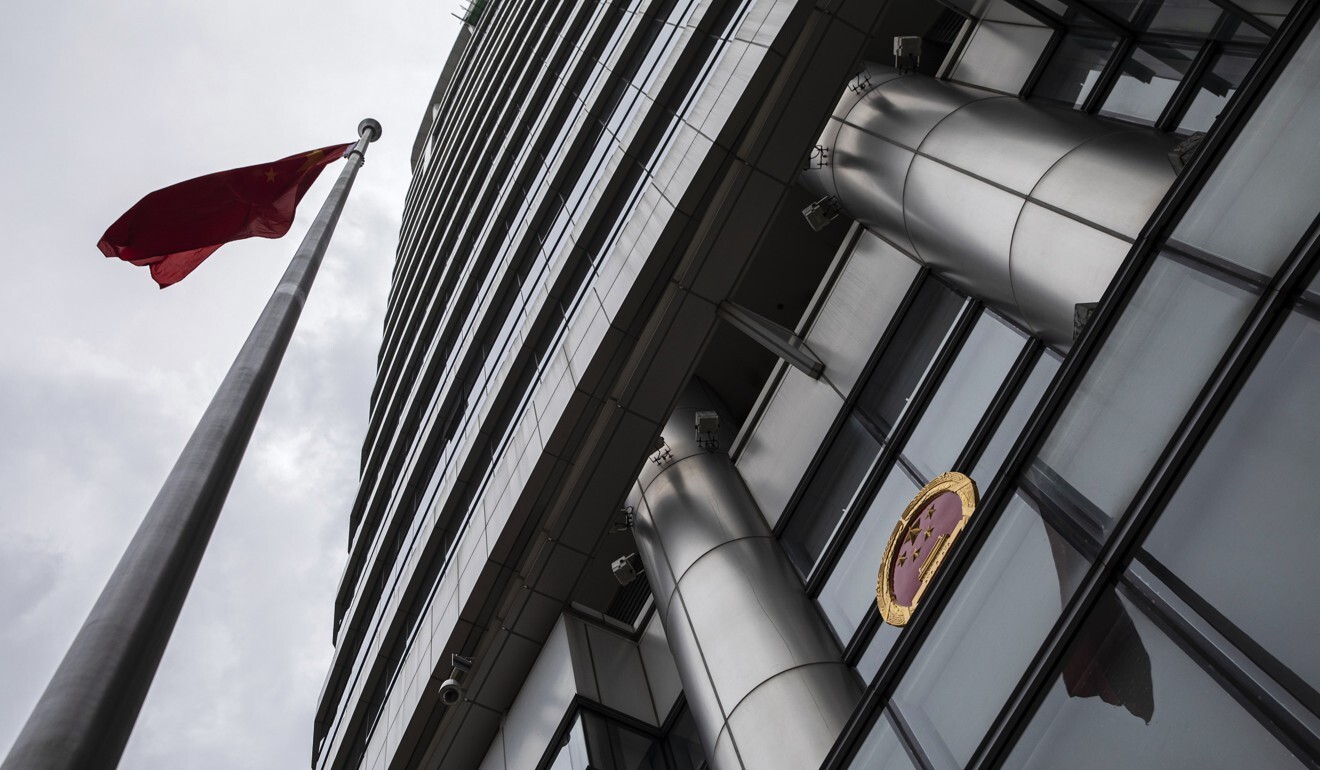
Purge guts Hong Kong opposition, but activists vow to fight on despite shifting goalposts ahead of Legislative Council elections
- The third part in our series on the Legislative Council elections was to have been on the opposition camp’s internal competition
- With Thursday’s banning of key figures, this final part now focuses on their changing fortunes
A purge. A new deep red line. A shifting of the goalposts.

The agenda was obvious, the opposition members and analysts said.
Hong Kong elections: mass disqualification of opposition hopefuls sparks political storm
In the process, it was also to shake out Legco of difficult lawmakers and attempt to bring the opposition to its knees in hopes of reshaping it. Beijing’s top office in the city issued a statement approving of the banning, saying only “patriots” should be in such an institution.
The opposition had come up with a “35+” campaign, targeted at upending the current political equation of 43 seats held by the pro-establishment camp and gaining their first-ever majority.

The four had been typically regarded as traditional pan-democrats, especially Kenneth Leung, a non-party affiliated tax consultant first elected in 2012.
Leung was known to be on good terms with Chief Executive Carrie Lam Cheng Yuet-ngor when she came into office in July 2017, and even broke ranks and voted in support of the government’s annual budget in May 2018.
But the electoral official pointed to his trip to the United States in March this year with another lawmaker, Charles Mok, and Civic Party’s Jeremy Tam Man-ho, which “extensively covered actions and follow-up to pursue the US Sanction Actions”.
Hong Kong elections: what does it mean to be disqualified and who decides?
The trio had held a press conference after their trip, and the returning officer noted that while Leung may not have been like the others in directly requesting or appealing for US sanctions actions, he was believed to have played a “supportive or assistive role”.
“At no point in the press conference did he show any disagreement with, or disapproval of, the US Sanction Actions, notwithstanding the extensive discussions of such actions throughout the press conference,” wrote the returning officer Aaron Liu.
Leung said the ruling was shocking and disappointing, though he had also learned to expect “ridiculous” things to happen these past months.
“I never called for any sanctions, but the ruling was purely based on a very subjective perception that came with little evidence,” Leung said. “No one knows where the moving red lines are, and I feel like any pan-democrats having connections with the Western world could be at risk.”

He hinted that he had a backup candidate for the sector, but conceded the entire pan-democrat camp needed to reconsider their future strategy.
The Civic Party’s lawmakers were ousted as returning officers cited a joint letter sent by the lawmakers to US senators last September calling for sanctions, ruling they had committed acts of soliciting or providing support to foreign interference.
Its leader, Alvin Yeung, believed his other colleagues, including Tam and Gordon Lam Sui-wah, would also be disqualified eventually, making them a party without representatives in the council.
“After the primaries, you saw a huge turnout, you could see Hong Kong people were so united,” Yeung said, referring to the recent primary which saw 610,000 Hongkongers voting to narrow down their field of candidates to boost their chances of winning
Hong Kong elections: will Legislative Council polls be postponed by a year?
“And so after last November [district council elections] … they have to disqualify people on a mass scale. This is a clear reflection of the fact that they, not us, are in fear.”
Party chairman Alan Leong Kah-kit said they had no plans to send more allies to file candidacy papers before the nomination period closes at the end of Friday.
A source familiar with the matter agreed that the red lines drawn by the Hong Kong government were more than what had been laid out before.
“In the 2016 Legco elections and the subsequent oath-taking saga, only those advocating Hong Kong independence were disqualified. This time, those who are accused of soliciting intervention by foreign governments in Hong Kong affairs and threatening to vote down any government proposals and the budget were disqualified,” the source said, adding Beijing wanted to reshape the political landscape.
The government has warned more election hopefuls could be barred. Some 22 other prominent opposition hopefuls were deemed to be at risk given their similar stance as the 12 already disqualified, while others of the remaining dozen in the camp had also not been told their fate.
As the opposition has become radicalised and intended to control the legislature and paralyse the government, Beijing cannot risk losing the ruling power
The air of uncertainty was made worse by mounting speculation that the September 6 poll itself might be postponed on grounds of a public health crisis due to the pandemic.
Explaining the tough stance of election officials, Lau Siu-kai, vice-president of semi-official think tank the Chinese Association of Hong Kong and Macau Studies, said the massive disqualifications were necessary as Beijing had to ensure the legislature would be under control.
“As the opposition has become radicalised and intended to control the legislature and paralyse the government, Beijing cannot risk losing the ruling power,” Lau said. “Unlike the district councils, the Legco plays a very important role.”
Activist Joshua Wong Chi-fung was the only candidate disqualified in the November district council polls, where the camp, including many localists, scored a landslide victory.
Hong Kong elections: will Legislative Council polls be postponed, and who stands to gain?
Lau said Beijing had to play tough this time and would not back down on this issue of sovereignty and autonomy in face of the US.
Ivan Choy Chi-keung, a political scientist at Chinese University, said Beijing intended to draw a clear red line for opposition politicians through the massive disqualification.
“It wants to beat the dog before the lion. You couldn’t cross the red line if you want to enter the legislature,” he said.
Choy said Beijing’s tough stance indicated it did not care about the risk of worsening its ties with the United States or its wider image internationally.
Ronny Tong Ka-wah, an executive councillor and former member of the Civic Party, said the disqualification of the 12 hopefuls did not mean the government had tightened its stance, as those who solicited intervention from foreign governments could not justify they were upholding the Basic Law.
It may not be a bad thing to let everybody know the rules of games, so nobody would harbour any illusions
“It may not be a bad thing to let everybody know the rules of games, so nobody would harbour any illusions,” he said.
Regina Ip Lau Suk-yee, the city’s executive councillor, said she was not worried about the legitimacy of the legislature being undermined, as the Civic Party was not moderate any more and the ruling was with grounds.
“It was radicalised under the influence of extremists, unfortunately,” Ip said. “The public expects the Legco lawmakers to be loyal to Hong Kong.”
Despite the setback, some localists said they saw a silver lining to the massive disqualification.
Disqualified runner Gwyneth Ho Kwai-lam, one of the members of a so-called “resistance-bloc” led by Joshua Wong, said several in her campaign team were actually excited about the news.
She said the result was even better than a “normal” election, which might simply absorb the political momentum.
“Until today, the CCP has been finally forced to a point where it has to tear off the last bit of disguise, exposing the fact that Hong Kong has never had ‘normal’ parliamentary politics,” Ho wrote.
The harsh reality, she said, would prompt more Hongkongers to support confrontational politics.


